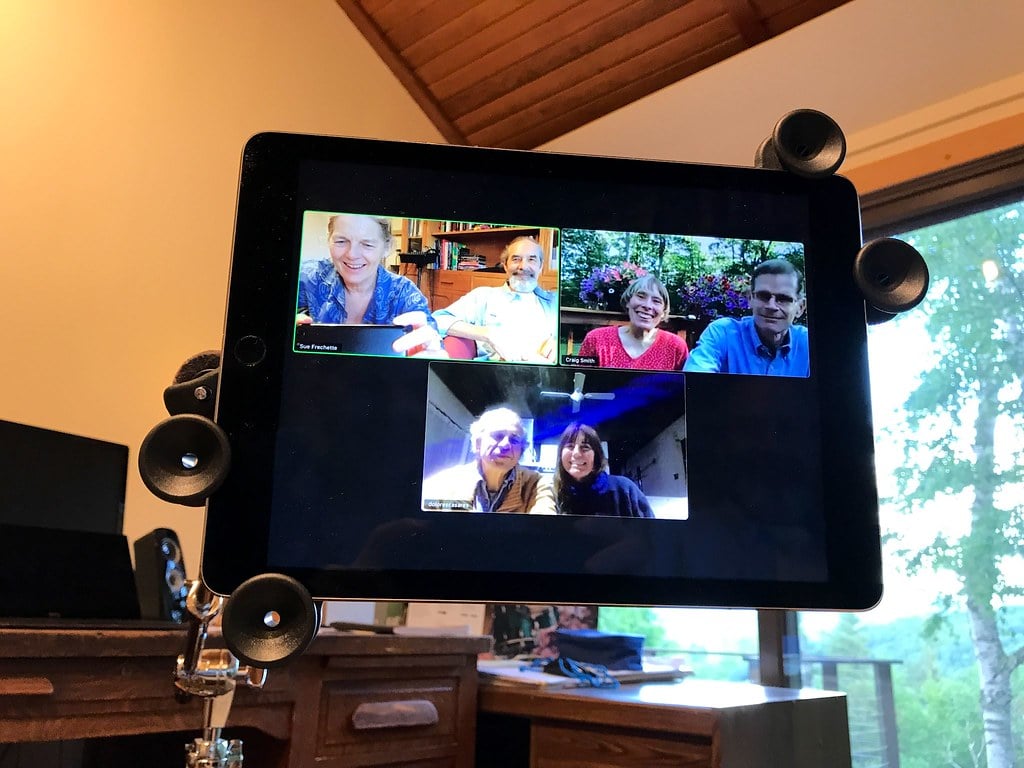Trade secrets are valuable business assets protected under both federal and state laws. Trade secrets are any sort of information — like a formula, process, business method, spreadsheet, data compilation or list — that has economic value from not being generally known and that is subject to reasonable efforts to keep the information secret. In general, courts do not require a company to expend great and expansive efforts to keep a trade secret confidential. “Reasonable” is the key word.
That being said, if a court finds that a company has made no efforts to maintain the secrecy of information, then the court will reject misappropriation of trade secret claims. For example, if a company broadcasts trade secrets during teleconferences without any sort of cybersecurity, or even taking attendance, using an online app like Zoom, any information shared will lose its status as a trade secret. This is the legal result of a case recently decided in Delaware. See Smash Franchise Partners, LLC v. Smash My Trash, LLC, Case No. 2020-0302-JTL (Del. Chan. August 13, 2020). The case involved competing companies that provide trash compacting services. The companies bring compacting equipment and “smash down” a client’s trash in its own dumpsters. This allows the client to put more trash into each dumpster load and, thereby, to save fees paid to the waste management company that provides the dumpster and hauls away the waste.
The plaintiff in the case, Smash Franchise Partners (“SFP”), marketed its product and service idea for potential franchisees. In its marketing efforts, SFP engaged in numerous Zoom teleconferences with its potential franchisees. During the Zoom conferences, SFP shared extensive information about how SFP operated its business, its method for compacting trash, its main customers and much more. Eventually, one of the potential franchisees decided to set up a competing business, Smash My Trash, LLC, and this led to litigation between the two companies.
One legal claim asserted by the plaintiff was a claim for trade secret misappropriation. The defendant, Smash My Trash, defended by arguing that SFP failed to make “reasonable efforts” to maintain the secrecy of the information. In particular, Smash My Trash argued that the Zoom teleconference calls were basically open to the public and, consequently, any information discussed during those teleconferences was “public” information. The defendant noted the following facts:
- SFP freely gave out the Zoom call-in information and “meeting code” to anyone who expressed interest in a franchise and completed an introductory call
- SFP used the same Zoom “meeting code” for all of the teleconferences
- Anyone possessing the code could join the teleconferences
- Anyone with the code could easily share it with third parties
- SFP did not police or monitor whether the code was shared with third parties
- SFP did not “take attendance” or otherwise monitor who was participating in the teleconference calls
- Participants were supposed to sign non-disclosure agreements, but SPF did not verify that participants had, in fact, signed the agreements
- SFP did not require the use of a distinct password for the teleconferences
- SFP did not use any sort of “waiting room” feature to screen participants
- Upon review of the records, at least 20 unidentified participants participated in various conference calls
Based on these facts, the court agreed with the defendant. The court held that, under these facts, any and all information exchanged during the Zoom teleconferences could not be deemed “trade secrets” because SFP did not take reasonable steps to protect the secrecy of the information.
Legal lesson: Be very careful with the use of teleconferencing to share information that might be legally protectable trade secrets. As a practical matter, it may be best to avoid sharing confidential information via teleconferencing. But if information must be shared, various and multiple security protocols must be used, participants must be screened and it must be verified that non-disclosure agreements are signed.
If you have questions about protecting your trade secrets or if you need to initiate trade secret litigation, contact the trade secret lawyers at Revision Legal at 231-714-0100.




